Recommended Books for Lit Circles/Book Clubs with a Focus on Disability and the Body
Each semester, I focus a section of my college course on disability and the body. I choose this topic for literature circles quite intentionally. My class is divided into thirds for most of the class texts, but for the literature circles portion of the class, we use eight texts. For me, there is so much to talk about regarding disability and the body. Limiting myself to eight texts is difficult. In fact, I am dropping one (to be determined this month) to make room for a new text that I love, Little & Lion, so you will see nine texts listed below. When I choose books, I strive for representation of different types of disabilities. Further, I try to offer texts that help students consider aspects like body image. I hope the texts below are helpful to those who are considering a focus on this topic in their classrooms.
Also, after we read the texts, we talk about the different theoretical frameworks of disability, and we watch and discuss this video:
Here are the books I ask students to choose from:
Laurie Halse Anderson’s (2009) Wintergirls
We do our literature circles next week, but last week, a student who chose this book came up to me after class to say, “Wow. I have never read a book like that.” I’ve used this at the high school level, too, and it is always sparked insightful, difficult conversations.
Brandy Colbert’s (2017) Little & Lion
I am looking forward to adding this book next semester. I think it is going to offer a lot for students to talk about.
Sharon Draper’s (2010) Out of My Mind
This is a phenomenal book that is always well-received. I’ve taught this book multiple times, and every group has loved it.
Wendelin Van Draanen’s (2011) The Running Dream
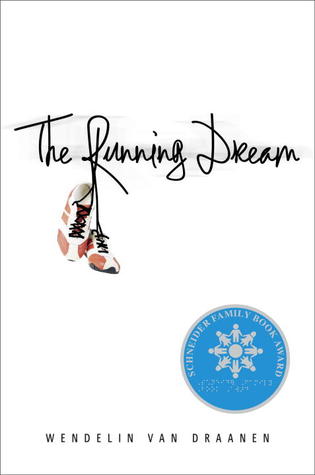
A few years ago, I was sitting next to a man who was reading this on a plane. He turned to me and said, “Have you read this book? It’s really good.” I told him, “Yes, I teach it!” 🙂
R. J. Palacio’s (2012) Wonder
I can’t get enough of Wonder. I’ll buy every picture book, companion book, etc. that they produce relative to this text. It makes me want to be a better person.
Francisco X. Stork’s (2008) Marcelo in the Real World
Magic bottle up in a book. That’s what comes to mind when I think of this stunning text.
Eric Lindstrom’s (2015) Not If I See You First
I learned so much from this book. I always love the presentations that my students come up with for this text.
Holly Goldberg Solan’s (2013) Counting by 7s
Do you remember when this book came out? The blog world exploded. Everyone was raving about it. It turns out that five years later, the same happens in my classroom.
John Corey Whaley’s (2016) Highly Illogical Behavior
I listened to this book on audio at the end of last semester, and I immediately called my bookstore to ask them if I could switch out a book they’d ordered for me. I needed this on the list!
I’ve made an intentional decision not to label the books above by disability. While I find it important to highlight disability as a topic, I also find it important not to define a book by the disability featured within the pages. Further, not all authors choose to explicitly label the disability—at times, the actual disability is nebulous to readers. During class, we talk about the dangers of “diagnosing” characters when a disability isn’t named, and we also talk about the danger of a single story. One character’s experiences with a disability is not the same as another’s experiences. Further, we talk about authority and authenticity. Who has the right to write stories? For more on this, check out this Summer’s The ALAN Review psychology-themed issue, where some incredible YA authors discuss these issues in depth.
I’d love to hear your thoughts on this topic. I look at the world through a learner lens, so if I am getting this wrong, or my thoughts are off, please push back.
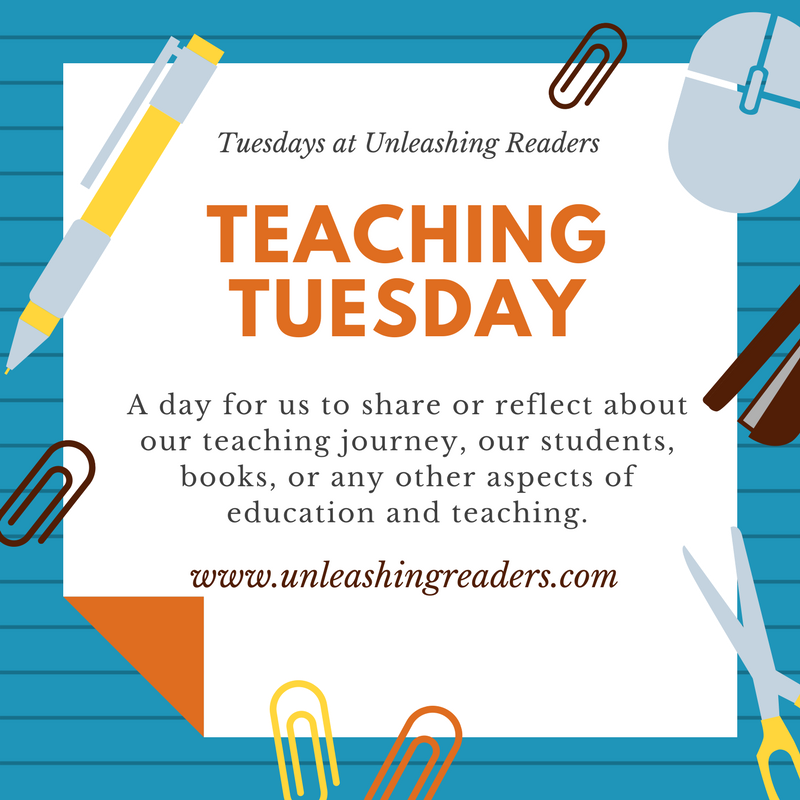
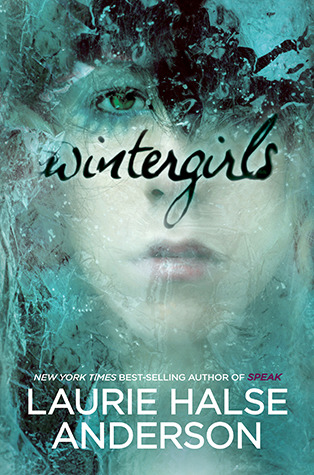
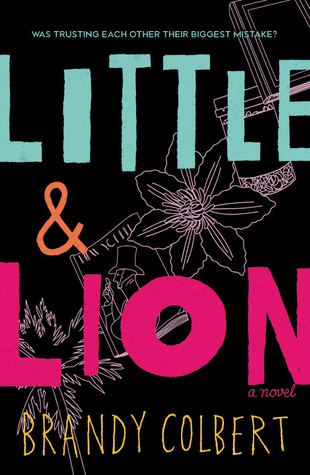
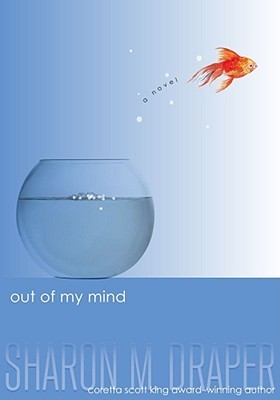

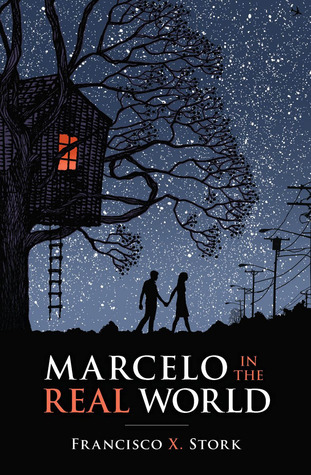
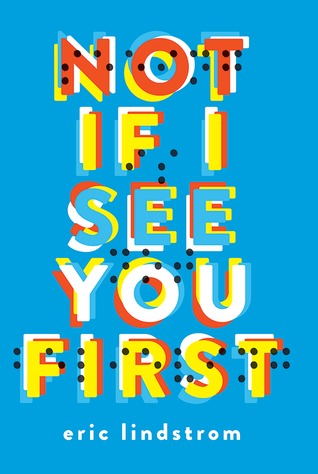
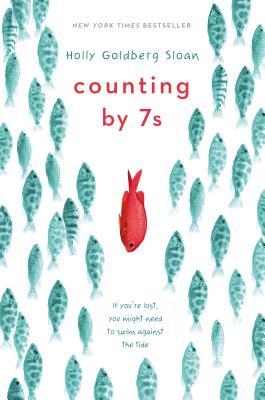
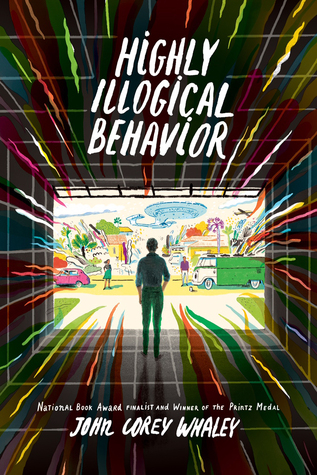

1 thought on “Teaching Tuesday: Disability and the Body Recommendations for YA Lit Circles/Book Clubs”